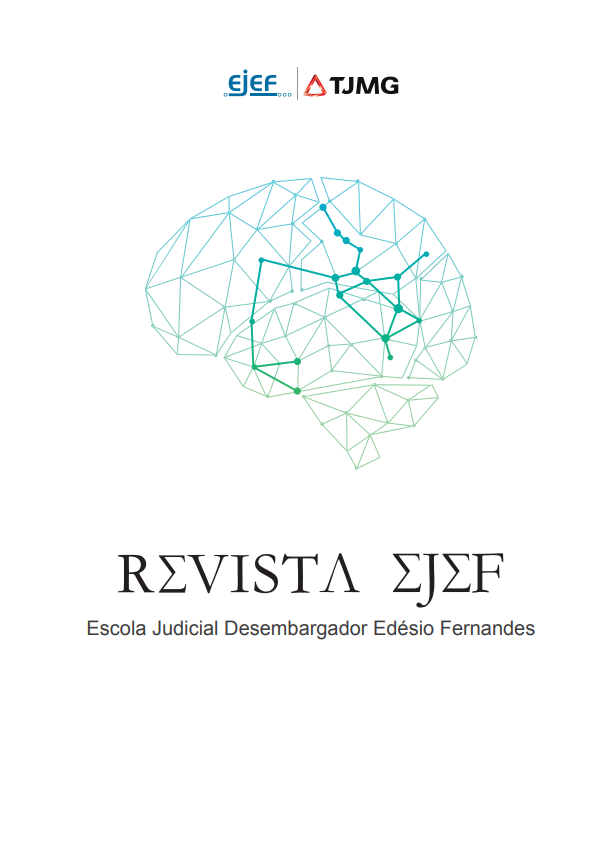LEGAL DECISIONS AND LINGUISTIC THEORY
Richard Hare's universal prescriptivism
DOI:
https://doi.org/10.70982/rejef.v1i4.54Keywords:
judicial decision, moral theory, universal prescriptivismAbstract
This article aims to present Universal Prescriptivism in a systematic way and justify its application in legal discourse. It is a moral theory proposed by Richard Hare whose application allows the logical analysis of the arguments used by the courts from the perspectives of identity and non-contradiction, being an important analytical tool for the assessment of decisions in which general principles and clauses are used. It also allows us to investigate whether the requirement of coherence of meaning, employed in the concepts on which decisions are based, is observed. The deductive method was applied, using bibliographic references on the subject, to point out the importance of universal prescriptivism in judicial decision-making.
Downloads
Published
How to Cite
Issue
Section
License
Copyright (c) 2024 Revista EJEF

This work is licensed under a Creative Commons Attribution 4.0 International License.









